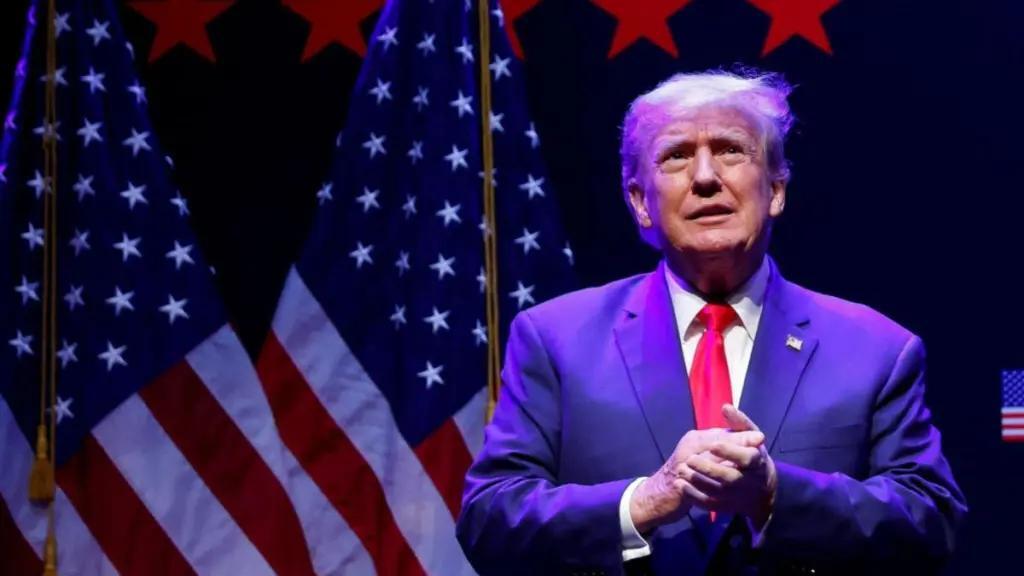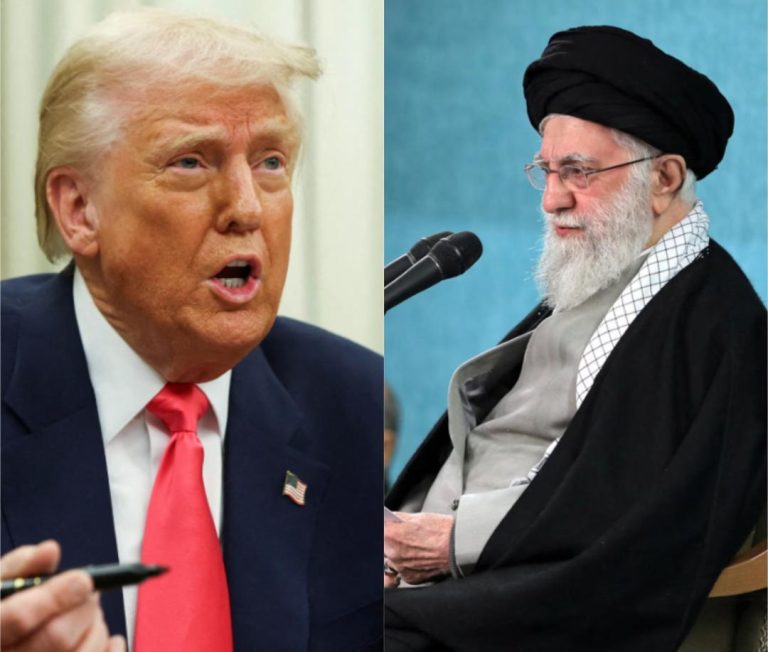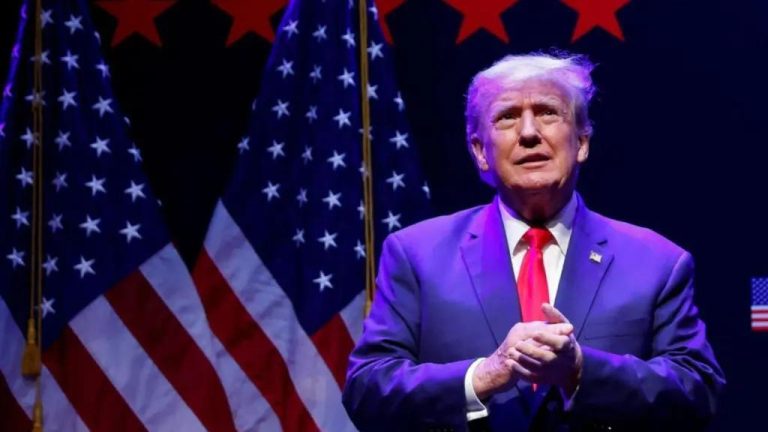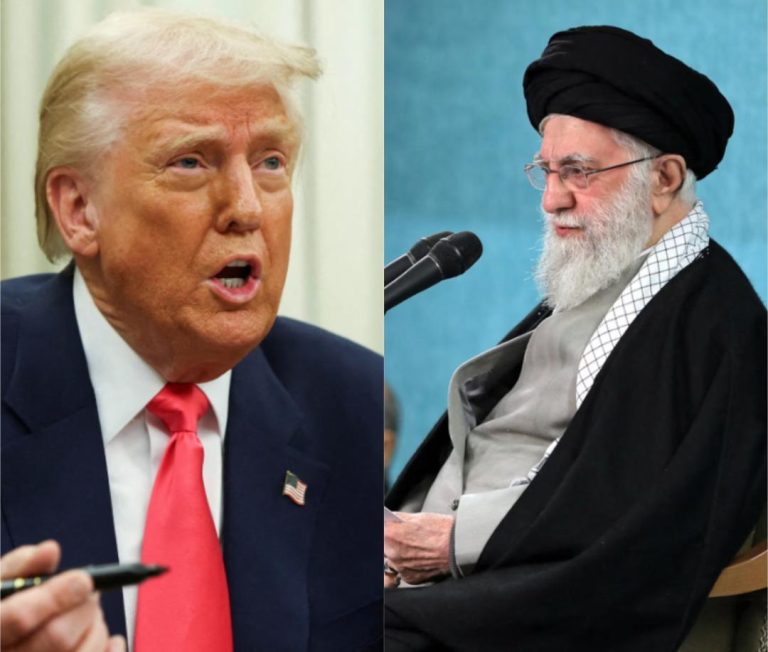
Donald Trump Exempts Smartphones & Computers from Reciprocal Tariffs
In a move that has sent shockwaves through the tech industry, United States President Donald Trump has excluded smartphones, computers, and other electronic items from the reciprocal tariffs imposed on Chinese goods. According to a Customs and Border Patrol notice, the exemption comes as a relief to tech giants like Apple, who had expressed concerns that gadget prices may rise due to Trump’s tariffs.
As of July 6, 2018, a 25% tariff was imposed on $34 billion worth of Chinese goods, followed by a second round of tariffs on an additional $16 billion worth of goods. The tariffs, which were implemented in response to China’s alleged unfair trade practices, have been met with resistance from many countries, including China, which has retaliated with its own set of tariffs on American goods.
However, in a surprise move, the Trump administration has decided to exempt certain electronic items from the tariffs, including smartphones, computers, and other electronic devices. The exemption is seen as a significant development, as many of these items are manufactured in China and could have seen significant price hikes as a result of the tariffs.
In a statement, Apple, one of the largest tech companies in the world, welcomed the exemption, saying that it would help to maintain the affordability of its products for consumers. “We appreciate the administration’s decision to exempt certain electronic items from the tariffs, including our products,” said a spokesperson for Apple. “This will help to ensure that our customers continue to have access to the latest technology at affordable prices.”
The exemption is also seen as a victory for other tech companies, including Samsung, Google, and Microsoft, which rely heavily on Chinese manufacturing to produce their products. The tariffs had threatened to disrupt global supply chains and drive up costs for consumers.
However, not everyone is pleased with the exemption. Some critics argue that it is unfair to exempt certain products while leaving others subject to the tariffs. “The exemption is a clear example of the administration’s preferential treatment of certain industries and companies,” said a spokesperson for the Consumer Technology Association. “It’s unfair to leave other industries and companies to bear the brunt of the tariffs while tech companies get a free pass.”
The exemption is also seen as a move to appease the tech industry, which has been a significant source of jobs and economic growth in the United States. Many tech companies have been vocal in their opposition to the tariffs, citing concerns about the impact on their business and the economy.
In a statement, the U.S. Trade Representative, Robert Lighthizer, said that the exemption was made after careful consideration and consultation with the tech industry. “We understand the importance of the tech industry to the American economy and are committed to ensuring that our trade policies do not harm American businesses or consumers,” said Lighthizer.
The exemption is also seen as a move to put pressure on China to come to the negotiating table and address the trade issues that have led to the tariffs. “The exemption is a clear indication that the administration is willing to take a more targeted approach to trade policy,” said a spokesperson for the U.S. Chamber of Commerce. “We hope that China will take note of this and be willing to negotiate in good faith to resolve our trade differences.”
In conclusion, the exemption of smartphones, computers, and other electronic items from the reciprocal tariffs is a significant development that has sent shockwaves through the tech industry. While it is a relief to tech companies, it is also seen as a move to appease the industry and put pressure on China to come to the negotiating table. As the trade tensions between the United States and China continue to escalate, it remains to be seen whether this exemption will have a lasting impact on the global economy.




